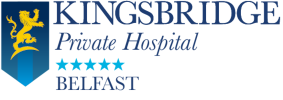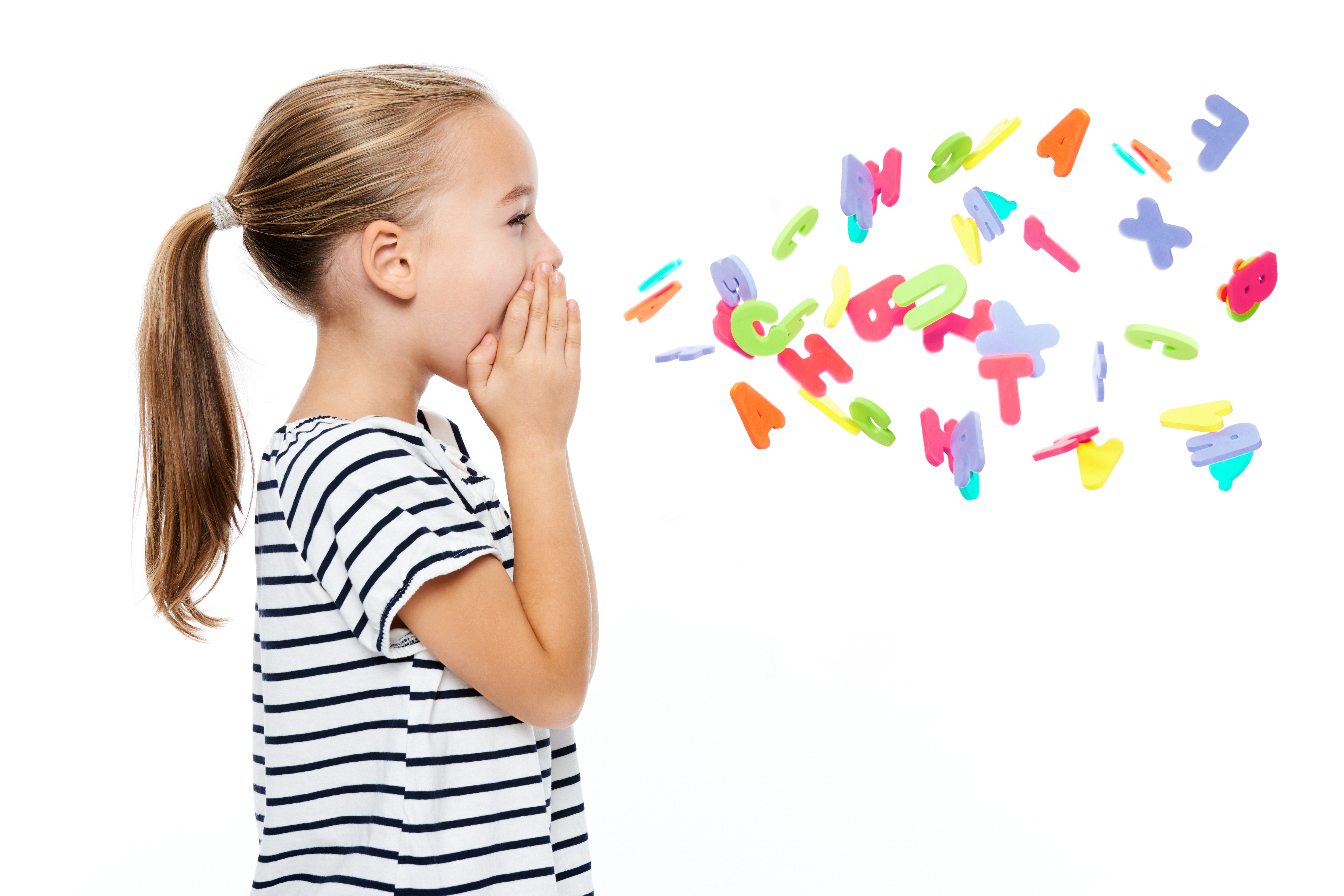Helping Your Child Discover & Develop Their Voice With Joanna Cushley, Paediatric Speech & Language Therapist
23rd, Feb 2022
Speech and language therapy provides treatment, support and care for children who have difficulties with communication. Speech and language therapists offer assessment and treatment using advice, activities and general resources to help with the development of a child’s speech and confidence.
We spoke to Joanna Cushley, Paediatric Speech & Language Therapist at Kingsbridge Belfast who gives us an overview of common speech & language difficulties, when they usually present themselves and when to seek help if a parent is concerned.
What speech and language difficulties are the most common?
Speech and Language difficulties are the most common of childhood difficulties, affecting about 1 in 12 children on average.
It is important to remember that every child is individual and the way that their difficulties present will be very different to that of another child!
Speech and Language difficulties vary in complexity and origin. These can include but are not limited to:
- stuttering
- unclear speech due to incorrect production of speech sounds
- late talkers
- children with difficulties understanding language and following instructions
Speech and Language Difficulties can occur by themselves in isolation, or in association with an underlying medical condition such as Autism Spectrum Disorder, Learning Difficulties, Down’s Syndrome, or various genetic syndromes.
What do you find most common and what age do they usually appear?
Personally, I would say that the majority of the referrals that I receive into Speech and Language Therapy of the under 5 years age group, would be for late-talkers (children who have not started to talk yet, or only recently started) or children who are not using as many words as their peers.
This kind of difficulty usually starts to become apparent around the 2 - 2.5 year old mark when children should be starting to form short two word phrases (such as “more juice”) and should have a vocabulary of approximately 200 words. It tends to be around this age that parents or healthcare professionals, such as GPs and Health Visitors, start to notice that the child may be expressing difficulty in communicating and in getting their message across effectively. This often results in frustration for the child which can be a worrying time for parents.
Speech difficulties are very common amongst the primary school age group. These will be children whose speech isn’t ‘clear’ and who are mis producing certain sounds, which is having an overall impact on the clarity of their everyday speech. These kind of difficulties tend to appear around this age as it becomes more obvious to parents that their child’s speech isn’t as clear as other children’s. It is also during this time that the school curriculum starts to focus on phonics, so teachers and parents often identify difficulties in this area at this time if a child is having difficulty producing some of the sounds in isolation. There is a chronological order to speech sound development and by 5-6 years, children’s speech should be mostly clear and easy to understand. Some age appropriate immaturities may still be present at this stage, but by 7-8 years old, a child should be able to clearly produce a full range of sounds in words without error.
Language difficulties can be present at any age. In the primary school age group, it is common to help children with following instructions, understanding basic concepts, memory and understanding grammar. This can continue into teenage years in some cases and these older children can also need help with higher level language skills such as inferencing, reasoning and understanding more complex language.
Every child’s Speech and Language Therapy journey is different, and everybody makes progress at different rates, depending on the circumstances around their difficulties.
What signs should we be on the lookout for if we think our child or children are having difficulties?
At home you could be looking out for your child not following instructions and needing you to simplify them, repeat them or to use additional gestures to help them to understand what you want them to do. Be aware if they are struggling to communicate with you, aren’t using words or suddenly stopped talking. These signs could indicate that they have difficulty with their language skills.
If you notice that they are talking in a loud volume, asking for the TV to be turned up, not responding to their name or reacting to loud noises, this could mean they have difficulty with their hearing.
If familiar adults such as grandparents and family friends are unable to understand what your child is saying, or you are having to ‘interpret’ for your child frequently when other people can’t understand what they are saying, this could mean they have difficulty with their speech sounds.
Another sign to look out for would be if your child is struggling in school, behind their peers or having difficulties in social situations like mixing at parties, social withdrawal or displaying a reluctance to take part in group activities.
Overall, what advice do you give to parents who have a child or children with speech and language difficulties?
I would say try not to compare your child to other children the same age. All children develop at their own rates and have different strengths and weaknesses. Speech and Language development is a journey, not a race. Some children just need a little extra help to get them where they need to be. You are not alone, help and support is available!
There are healthcare professionals who can provide individualised assessment, advice and treatment for your child. Always contact a Speech and Language Therapist for individualised, professional advice and to find out about support groups, charities and networks that may be available locally to you for additional support.
Speech and Language Therapy is available now at Kingsbridge Private Hospital and I would be only too happy to meet you and to help your little one on their journey.
To book an appointment with Joanne Cushley, please text BOOK NOW to 66777 or email info@kingsbridgeprivatehospital.com







